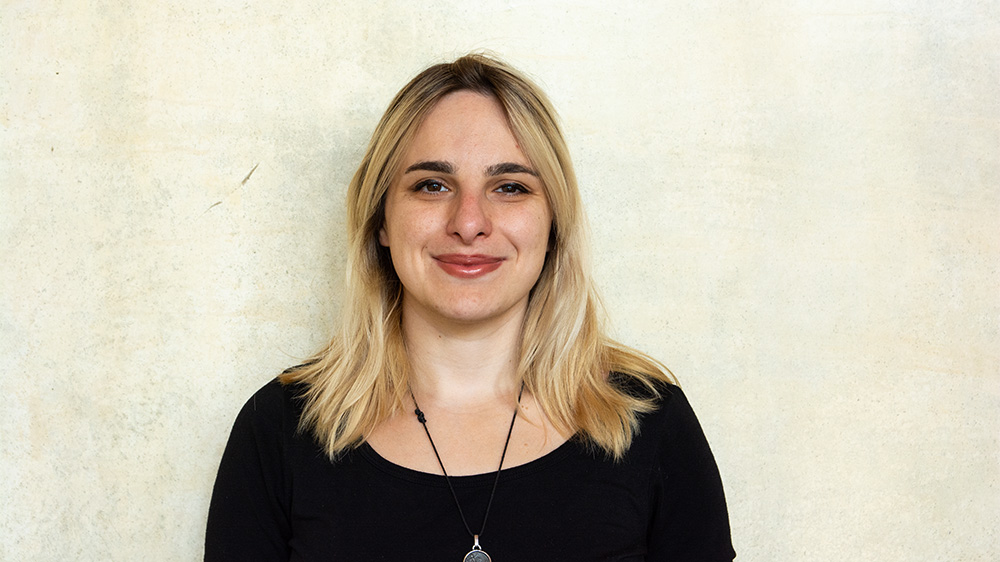We are proud to present our new member of our Research Group Sustainability Law, Giulia Petrachi, doctoral research fellow in the Horizon Europe project Towards a New Zero Food Waste Mindset Based on Holistic Assessment (ToNoWaste).
ToNoWaste is a 48-month project coordinated by Research Group Sustainability member María Jesús Muñoz-Torres from the Universitat Jaume I in Castelló (UJI) in which 21 institutions from 7 countries collaborate to overcome this challenge with a multi-stakeholder and interdisciplinary approach that considers not only agronomic, economic, environmental and business model challenges, but also other cross-cutting aspects such as psychology, law and social innovation to fight also against gender and social inequalities. ToNoWaste mission is to encourage actors in European food systems using science and evidence-based tools and lessons learned to make better decisions towards a more sustainable food production and consumption patterns.
The University of Oslo leads in close cooperation with the University of Gävle ToNoWaste Work Package 6 on cocreation of new policies and guidelines for fostering the change. The objective of the Work Package is to foster the organisational change with new coaching services and best practices in food value chains. WP6 is based on the creation of learning contents, training actions and a business coaching service oriented to support entrepreneurs.
In this news piece, Giulia introduces herself and shares her motivation for the project and aspirations for her doctoral journey.
What is your background and motivation to be part of the ToNoWaste Project?
My background and my eagerness to join the ToNoWaste Project are rooted in a deep passion for sustainability and reducing food waste. I've been driven to explore this issue due to my volunteer work with a local food bank during the years of my Bachelor, where I witnessed a shocking amount of perfectly good food going to waste while many people struggle with food insecurity. This disconnect between waste and need struck a chord with me, prompting a desire to find practical solutions.
My academic journey in environmental law has also been influential. It has provided me with insights into the legal frameworks governing environmental issues and the importance of reducing harm to our planet. Food waste is a major contributor to environmental problems, including greenhouse gas emissions and resource depletion, making it a critical concern from both a legal and ethical standpoint.
The ToNoWaste Project is a perfect fit for me, as it combines my real-world experience with my academic knowledge. I see it as an opportunity to translate my understanding of environmental law into effective strategies for reducing food waste while staying within legal boundaries. By participating in this project, I hope to contribute to the development of practical solutions that not only reduce food waste but also align with existing laws and regulations.
What is your thesis about?
My thesis revolves around the question: What drives successful food waste reduction in the near future? To answer this question, I want to investigate the complex web of interests that intersect within the food supply chain. In our modern world, food waste is a pressing issue with far-reaching implications for the environment, economy, and social welfare. From producers and suppliers to consumers, each stakeholder has its own set of interests and priorities that often intersect and, at times, conflict. Through extensive research and analysis, I aim to unravel these intricate relationships, shedding light on the underlying motivations of key players in the food supply chain.
By understanding the interests at stake, my thesis seeks to identify potential solutions and strategies that can foster a more sustainable and efficient food supply chain. As I embark on this journey, I'm excited to be part of significant projects like ToNoWaste, which bring together universities and actors from across the European Union. Collaborative initiatives like these offer a unique opportunity to apply the findings and recommendations of this research on a broader scale, driving real change in the fight against food waste.
